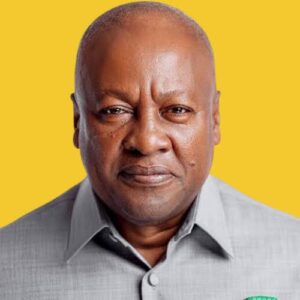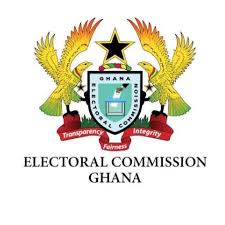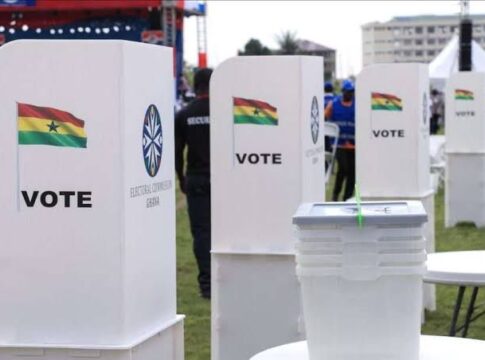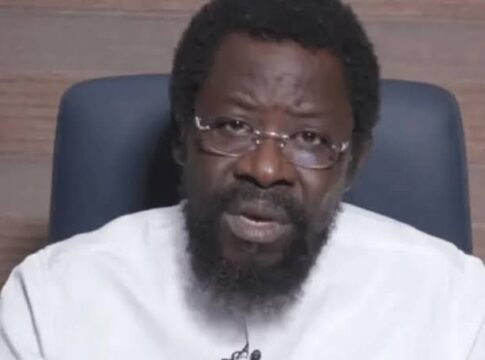Kingsley Enwelim Nwanze
As Ghana concludes its 2024 presidential elections, results are announced and the winner declared. The opposition leader and former President, John Dramani Mahama was the winner of the free and fair election. The West African nation stands as a beacon of democratic resilience in a region often marred by electoral malpractices. With Nigeria’s 2027 elections on the horizon, there are invaluable lessons to be learnt from Ghana’s electoral processes that could help Nigeria navigate its own democratic challenges.
Ghana has consistently demonstrated a commitment to democratic principles since its return to civilian rule in 1992. The country’s electoral management body, the Electoral Commission,Ghana (EC), has earned a reputation for its professionalism and independence. In the lead-up to the 2024 elections, the ECG has been proactive in engaging stakeholders, including political parties, civil society organizations, and the electorate. This inclusive approach fosters trust and transparency, essential ingredients for free and fair elections.
READ MORE: Namibia Elects First Female President Despite Election Controversy
Nigeria, on the other hand, has faced criticism over the perceived partisanship of its electoral body, the Independent National Electoral Commission (INEC). To emulate Ghana, Nigeria must prioritize the independence of INEC, ensuring it operates free from political interference.
Another critical lesson from Ghana is the importance of voter education. The ECG launched extensive campaigns to inform citizens about the electoral process, including how to register, vote, and understand their rights. This initiative has empowered voters, leading to increased participation and reduced instances of electoral violence. In contrast, Nigeria has struggled with voter apathy, exacerbated by misinformation and a lack of awareness about the electoral process. For Nigeria to achieve a more engaged electorate in 2027, it must invest in comprehensive voter education campaigns that demystify the voting process and encourage civic participation.

President-Elect
Republic of Ghana
Ghana’s electoral framework also emphasizes the significance of a credible and transparent electoral process. The use of biometric voter registration and electronic voting systems has minimized the risk of fraud and manipulation. In the 2020 elections, Ghana successfully implemented these technologies, which contributed to a peaceful and orderly electoral process.
Nigeria, however, has faced challenges with electoral integrity, including allegations of vote-buying and ballot box snatching. To enhance the credibility of its elections, Nigeria should ensure that the similar technological innovations adopted works unbiasedly, ensuring that they are secure and accessible to all voters.
Furthermore, Ghana’s political culture promotes peaceful transitions of power, a crucial aspect of democratic governance. The peaceful transfer of power following elections has become a norm, with political leaders publicly committing to accept the will of the people. This culture of respect for democratic outcomes is vital for Nigeria, where post-election violence has marred previous electoral cycles. Nigerian political leaders must prioritize national unity and reconciliation, fostering an environment where electoral outcomes are accepted, regardless of party affiliation.
Lastly, the role of civil society in Ghana’s electoral process cannot be overstated. Organizations actively monitor elections, providing oversight and holding authorities accountable. This engagement has been instrumental in ensuring transparency and fairness. Nigeria’s civil society must similarly strengthen its role in the electoral process, advocating for reforms and monitoring elections to safeguard democracy.
In conclusion, as Ghana concludes its 2024 presidential elections, Nigeria has much to learn from its neighbour’s commitment to democratic principles. By prioritizing electoral independence, investing in voter education, allowing adopted technological innovations to work, fostering a culture of peaceful transitions, and empowering civil society, Nigeria can pave the way for free and fair elections in 2027. The path to a robust democracy is fraught with challenges, but with the right lessons and commitment, Nigeria can emerge as a model of democratic governance in Africa.




